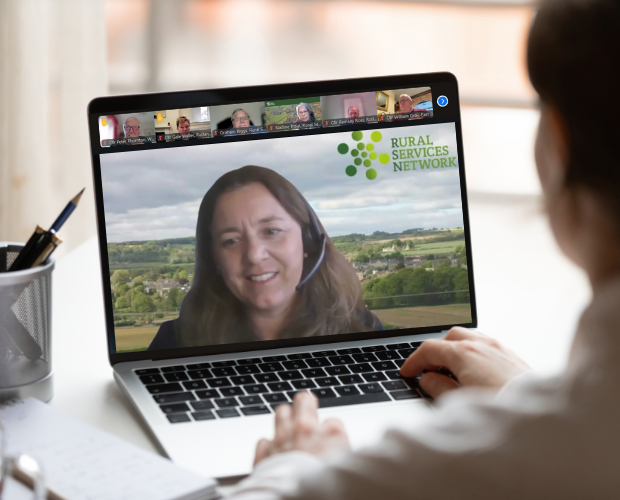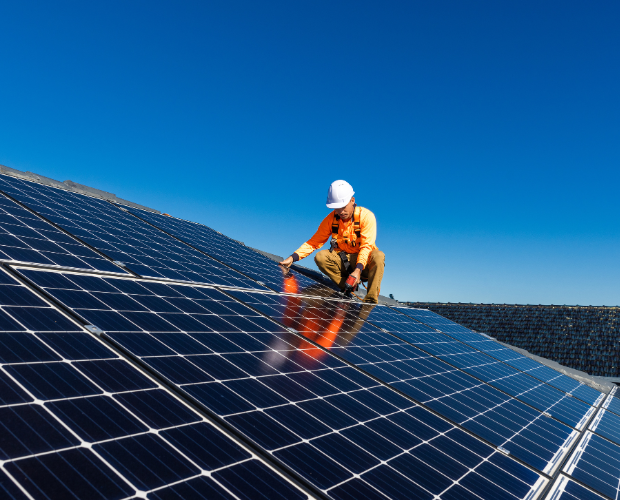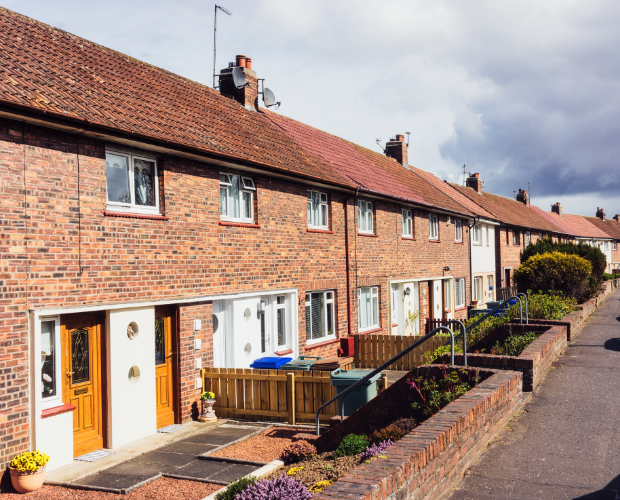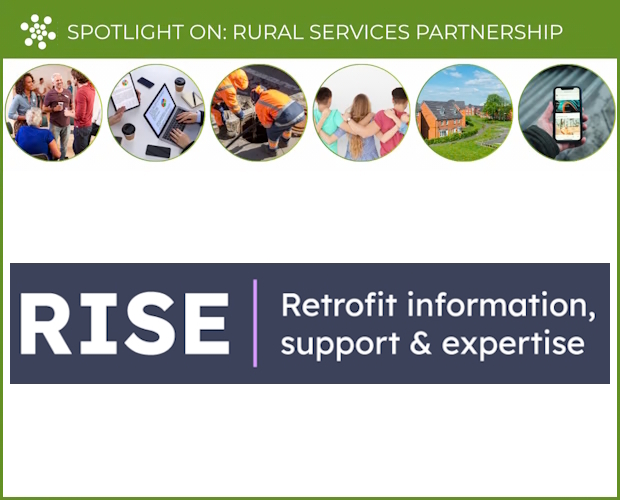T: 01822 851370 E: [email protected]
Visit RSN Survey about life in rural England to find out more.
A new policy framework from the Rural Services Network Every person, in every place, deserves the chance to thrive — including those living in rural, coastal and small-town communities. The Rural Services Network is proud to launch Delivering for All:...
We’re delighted to launch the RSN Member Exclusive Seminar Programme for 2026, bringing together industry experts, rural practitioners, and sector leaders to explore the major issues shaping rural communities across England. Our seminars are a core RSN member benefit, highly...
Are you interested in tackling the climate crisis and wondering how you can take meaningful action with your local community? Last week saw the launch of The Rural Climathon Toolkit by the Countryside and Community Research Institute (CCRI). The Toolkit...
The Government has launched a major consultation on Exploring the Role of Alternative Clean Heating Solutions. The consultation is seeking evidence on low-carbon options for buildings that may not be suitable for heat pumps or heat networks. This includes electric...
To announce the release of a series of in-depth resources, designed to support retrofit suppliers as they prepare for delivery across rural and remote areas, Gareth Field, Subject Matter Expert, Retrofit Information, Support and Expertise explores the challenges, but also...
We’re delighted to share that the Countryside and Community Research Institute (CCRI) will soon be releasing ‘The Rural Climathon Toolkit’, a comprehensive guide to organising your own rural Climathons - launching 26th November 2025. What’s a Climathon, you ask? Climathons...
Cllr James Cantwell (Five Villages Ward, Boston Borough Council) is keen to hear from elected members in rural areas who have dealt with multiple or large energy project applications – particularly Battery Energy Storage Systems (BESS). Cllr Cantwell is interested...
Winchcombe Town Council is exploring how the Biodiversity Duty, introduced under Section 102 of the Environment Act 2021, is being applied in practice at local level. The strengthened duty requires all public authorities, including town and parish councils, to consider...
National Energy Systems Operator (NESO) are delighted to invite you to participate in a virtual roundtable to hear updates on connections reform. Connections reform underpins a once-in-a-generation opportunity to modernise Great Britain’s (GB’s) energy grid, creating a fairer, more efficient system that boosts economic growth, strengthens energy...
Damp and mould in a home are not just cosmetic issues — they are serious health hazards that can trigger asthma, respiratory infections, allergies and skin irritation. It can also really affect the mental health of those living in the...
NEWSLETTER
Sign up to receive all our latest news and updates.
HOT TOPICS
Amid reduced public spending, fair resource allocation across regions is crucial. Despite a population larger than Greater London, rural areas receive significantly less funding for essential services, even though delivering these services in rural areas is more expensive.
Economic growth is widely acknowledged as essential for national wealth and prosperity and is a priority for political parties. Rural economies, employing millions and home to a higher proportion of small businesses, have potential for growth if barriers are removed.
Rural residents face distinct healthcare challenges, including limited access to transport, longer distances to medical facilities, an aging demographic, housing inadequacies, digital connectivity gaps, and difficulties recruiting health and care workers.
Rural communities are grappling with a severe affordable housing crisis, marked by high house prices, a lack of affordable housing, elevated living costs, and lower incomes, threatening their sustainability and vitality.
Transport is vital for the quality of life and economic health of rural areas, yet it faces challenges such as infrequent public bus services and less Government funding compared to urban regions.
Rural areas, encompassing a substantial portion of England's population and land, play a pivotal role in combating climate change and achieving the net zero target.
In an increasingly digital world, the lack of robust digital infrastructure in rural areas severely limits access to crucial services and stifles economic growth.
A future-focused vision for rural communities involves not just building the right homes in the right places but also ensuring thriving, sustainable communities.
SIGN UP TO OUR NEWSLETTER
Sign up to our newsletter to receive all the latest news and updates.













